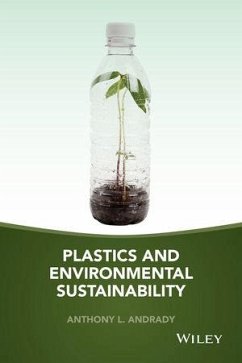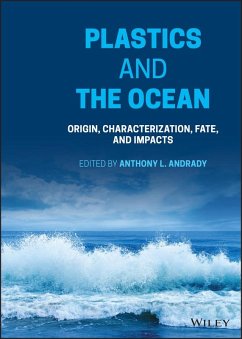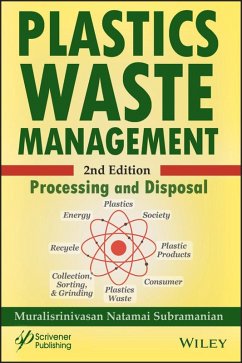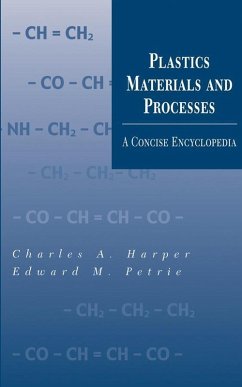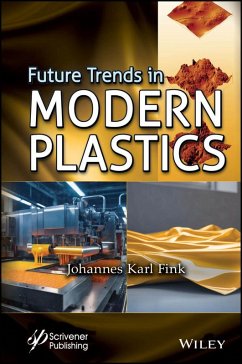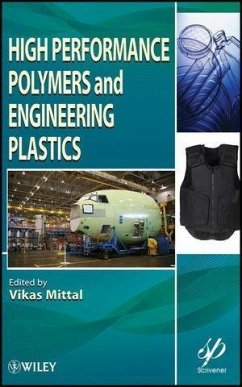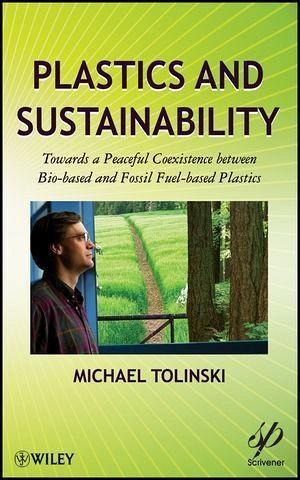
Plastics and Sustainability (eBook, PDF)
Towards a Peaceful Coexistence between Bio-based and Fossil Fuel-based Plastics
Versandkostenfrei!
Sofort per Download lieferbar
84,99 €
inkl. MwSt.
Weitere Ausgaben:

PAYBACK Punkte
0 °P sammeln!
Clearly lays out the issues related to plastics' effects on the environment, while also serving as a practical, non-academic guide for making sustainability decisions about plastics recycling and the newest bio-based plastics Company managers, product developers, policy makers, environmental researchers, and plastics industry engineers are under increasing pressure to find ways of minimizing the environmental footprint of plastic products. This accessible book is designed to help readers understand the life-cycle impacts of various plastics, clarifying the technical research and practical argu...
Clearly lays out the issues related to plastics' effects on the environment, while also serving as a practical, non-academic guide for making sustainability decisions about plastics recycling and the newest bio-based plastics Company managers, product developers, policy makers, environmental researchers, and plastics industry engineers are under increasing pressure to find ways of minimizing the environmental footprint of plastic products. This accessible book is designed to help readers understand the life-cycle impacts of various plastics, clarifying the technical research and practical arguments to show when bio-based and recycled plastics might be useful options for reducing the overall energy consumption, greenhouse gas emissions, and waste associated with traditional plastics. Plastics and Sustainability compares traditional fossil fuel-based plastics with bio-based plastics in terms of properties, environmental impacts, and costs -- indicating what the most effective approaches could be for using recycled, biodegradable, or various bio-based materials. The book makes objective comparisons between bioplastics and all commonly used plastics, focusing on how they affect production economics, product requirements, and retailer and consumer needs. It incorporates research concerning life-cycle assessment, production techniques, and commercial applications, and presents "green" guidelines about product design, recycling, processing efficiency, and material selection. The book also reports on recent industry developments and commercial trends in an effort to synthesize conclusions that are necessary for finding the right balance between bio-based and fossil-fuel based plastic products. Check out the author's blog at style="line-height: 115%; font-family: 'Calibri','sans-serif'; color: black; font-size: 11pt; mso-ascii-theme-font: minor-latin; mso-fareast-font-family: 'Times New Roman'; mso-hansi-theme-font: minor-latin; mso-bidi-font-family: 'Cordia New'; mso-bidi-theme-font: minor-bidi; mso-ansi-language: EN-US; mso-fareast-language: ZH-CN; mso-bidi-language: TH;"> href="http://www.plastech.biz/blog">style="font-family: 'Times New Roman','serif';">http://www.plastech.biz/blog.
Dieser Download kann aus rechtlichen Gründen nur mit Rechnungsadresse in A, B, BG, CY, CZ, D, DK, EW, E, FIN, F, GR, HR, H, IRL, I, LT, L, LR, M, NL, PL, P, R, S, SLO, SK ausgeliefert werden.



